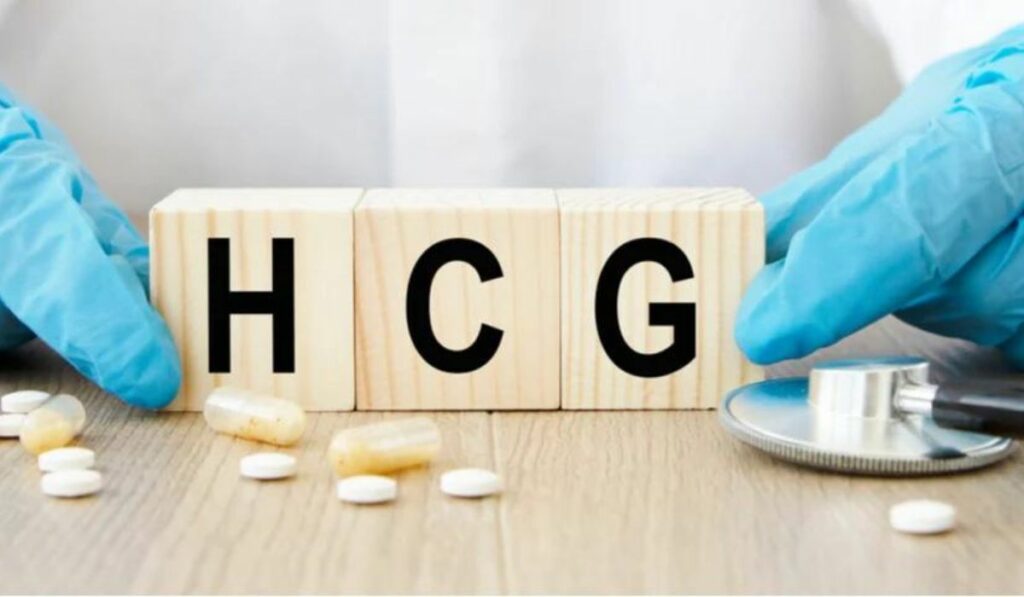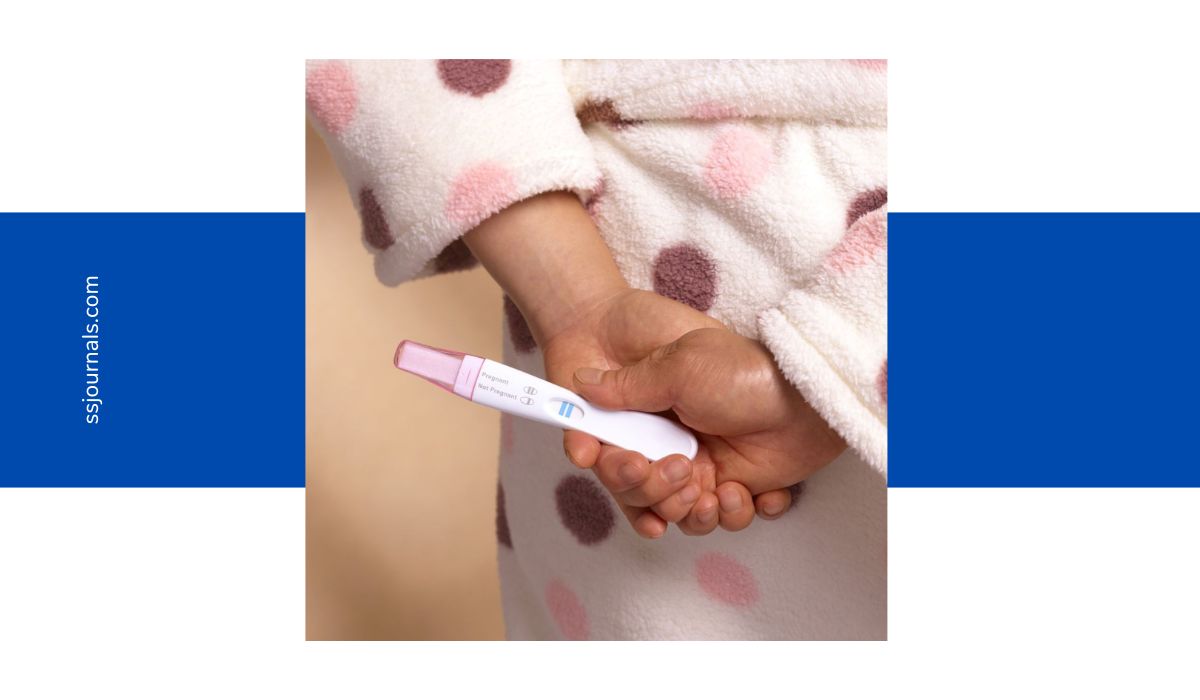Human chorionic gonadotropin is a hormone secreted by the cells in the developing placenta. It is an indication of pregnancy and plays a crucial role in providing support during the early trimester. In this article, we will delve more into the importance of hCG after implantation.
What is Implanatation?
Implantation is one of the early stages of pregnancy in which the cells get attached to the uterine wall. During implantation, a woman might experience cramps, bleeding, and breast tenderness. These are the results of the biological events taking place in the uterine such as the attachment of the fertilized egg to its wall, the formation of the structure called the placenta, and finally, the initiation of hCG production.
Functions of hCG
The hCG hormone is often described as the pregnancy hormone due to its inevitable role in pregnancy. It boosts a woman’s chance of getting pregnant.
While coming to its formation, hCG is secreted by trophoblast cells in the placenta. The hormone is released into the maternal bloodstream and it initiates the maternal changes in a woman’s body. However, hCG will only be produced once after successful implantation. It promotes embryo development as well as the viability of the pregnancy, In fact, it is the presence of hCG that helps in the diagnosis of pregnancy.
How Does hCG Ensure the Development of the Embryo?

Like breathing to live, hCG is essential for the maintenance of the corpus luteum, a vital yet temporary organ within the ovary, especially during the first trimester. This corpus luteum is responsible for releasing a hormone called progesterone, which is again necessary for holding the embryo as well as for sustaining the uterine wall. Here, the role of hCG is that it stimulates the corpus luteum to produce progesterone efficiently, thereby promoting the entire well-being of the uterine as well as the embryo growing inside.
How Long After Implantation Does hCG Rise?
Initially, hCG is produced by the trophoblast cells in the placenta, and at the time of the initial production, the quantity of hCG present in the body would be rarely detectable. Day by day, the measure of the hormone increases. However, there would only be a slight increase during the first three days after implantation. A rapid increase in the hCG levels is noticed after almost 6 days. From day 9 to day 12, the hCG levels are supposed to be at their peak. nevertheless, it will begin to decline from the 13th day until the 16th. There are general calculations that may vary from individual to individual.
Clinical Benefits of Monitoring hCG Levels
To begin with, the presence of hCG is commonly used to detect pregnancy. It can also be relied upon for the assessment of fetal development and pregnancy viability. In addition to that, hCG levels can indicate a miscarriage. This is because your body no longer produces hCG once after an ectopic pregnancy. Furthermore, monitoring hCG levels is also recommended for the follow-up of post-treatments such as molar pregnancy.
Conclusion
In summary, hCG is a hormone that is produced immediately after implantation, to support the pregnancy during its early stages. Not only does it help in confirming the pregnancy, but its levels may also indicate a miscarriage. This is due to its role in sustaining the embryo and the uterine wall. Therefore, it is significant to do regular hCG checkups to ensure the condition of the pregnancy.

